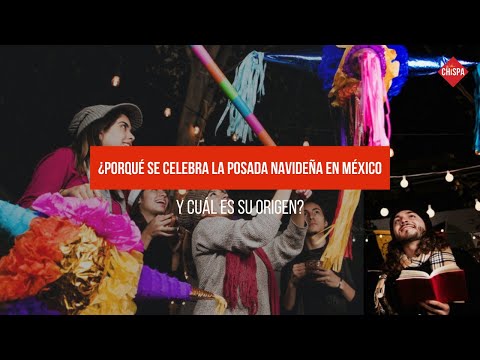December is very important for a lot of people, not only for the presents (regalos), but for all the traditions that are very common this month. In this post, I’ll try to explain two that are very common where I live and are some of my favorites. At the same time, I’m sure you’ll learn some new vocab!
(These activities/traditions also have to do with Catholicism, so they of course don’t apply to everyone or every household in Latin America)
- Nacimiento/pesebre
Besides putting up a Christmas tree (un árbol de Navidad), it is very common to find a nacimiento or pesebre (also called portal or belén) which is a representation of Jesus’s birth. In Catholic families, it is very common for the whole family to help make it. There’s usually a little house (like the one in the picture) that people make/buy and then use again in the future.
Some figures you can find in a pesebre are:
María, San José y el niño Jesús (Mary, St. Joseph and baby Jesus)
Los Reyes Magos – (Three Wise Men)
El Ángel – (the Angel)
El pastor – (the sheperd)
La mula – (the mule)
El buey – (the ox)
Ovejas – (sheep)
- Posadas
This is something that I really enjoyed, but that hasn’t been done for the past two years (as you might imagine, COVID got in the way). Posadas usually take place on nine nights, from December 16 to December 24, and they represent Virgin Mary and St. Joseph’s search for a place to stay where Jesus could be born. Posadas started in Mexico, but are now very common in other Latin countries. For this tradition, sometimes a woman dresses up as Mary and a man dresses up as St. Joseph, and a group of people would usually accompany them to one house per night where they will sing Christmas carols (or villancicos in Spanish) and then share some food with the host family.
This is part of what people sing before entering the house (some people sing outside, some inside):
En nombre del cielo, (In the name of heaven)
Os pido posada, (I ask you for shelter)
Pues no puede andar (For she cannot walk)
Ya mi esposa amada (My beloved wife)
Here’s a video of how they are celebrated in Mexico and their origin.
Have you ever been to a posada? How do you celebrate Christmas?



 . A funny thing about “pesebres” is that sometimes we have dinosaurs
. A funny thing about “pesebres” is that sometimes we have dinosaurs  or other animals in it because kids sometimes put their toys there
or other animals in it because kids sometimes put their toys there  .
. donde vivo, las posadas y las piñatas son una tradición muy bonita que reúnen la comunidad en un ambiente muy cálido.
donde vivo, las posadas y las piñatas son una tradición muy bonita que reúnen la comunidad en un ambiente muy cálido. 

 México lindo y querido
México lindo y querido 